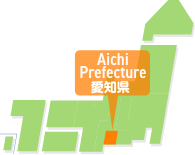Learn about Japanese fishing etiquette and rules!
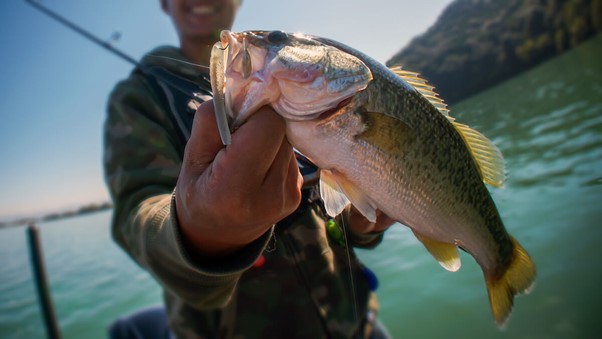
Hello, this is Kano from JAC (Japan Association for Construction Human Resources).
Japan is an island nation surrounded by the sea, so if you come to Japan, you will probably have the opportunity to go fishing.
For some people, fishing is a hobby.
Fish you catch yourself has a special flavor that is different from fish you buy!
However, there are rules to fishing in Japan.
Please note that there are some areas where fishing is prohibited.
We will introduce you to the manners and rules for having fun and fishing safely.
*When fishing, always wear a life jacket for safety.
It is dangerous if it falls into the sea or a river.
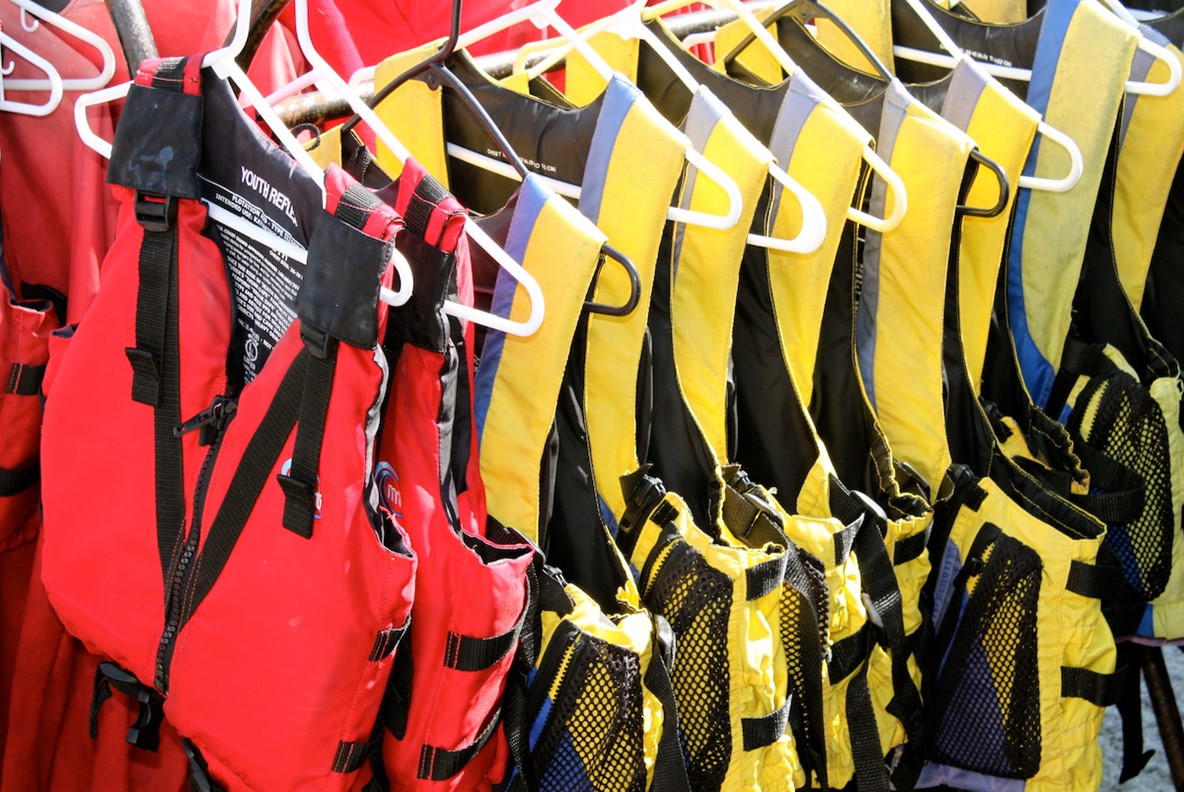
Learn Japanese fishing etiquette!
To enjoy fishing in Japan, it is important to observe proper etiquette.
Here are six things to keep in mind when fishing.
① Don't take up space if someone is fishing first
Do not take someone else's spot when others are fishing.
When fishing, keep a distance of at least 5 to 10 meters between you and other people.
Fishing near other people can cause tangles in your fishing line and become a nuisance.
There is also a risk of injury if the fishing hook hits someone.
②Do not fish near fish ponds or areas with nets.
A fish pond is a fishing facility surrounded by nets or other objects.
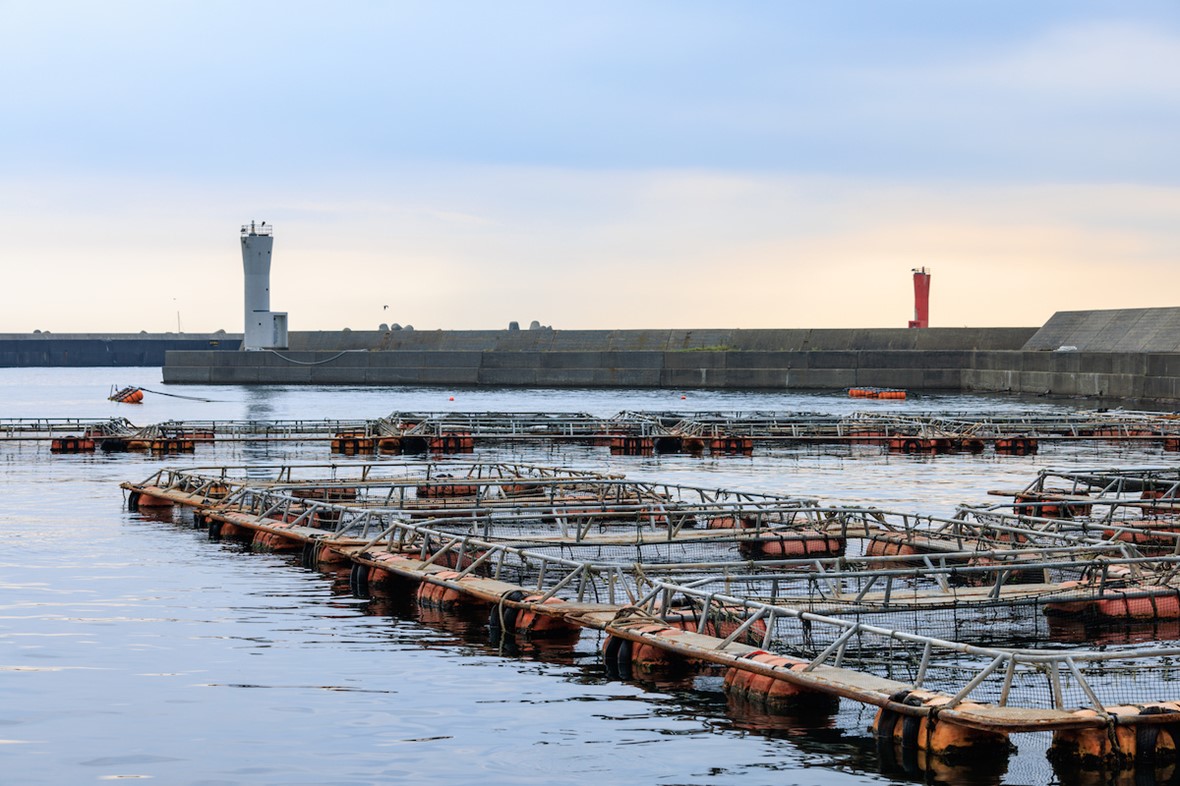
Please do not fish near these facilities as they are used to raise fish.
3) Small fish (baby fish) are returned to the sea or rivers.
If we take small fish (baby fish) home, the number of fish in the ocean or river will decrease.
If you catch a small fish, release it back into the sea or river.
Also, please only take home as much fish as you can eat.
If you catch more fish than you can eat, release them back into the sea or river.
Do not leave it on land.
④ Do not use water or tools without permission
Water sources and fishing equipment near where you are fishing are often owned by facilities or other people.
Using it without permission can cause problems.
⑤Take your trash home with you
Be sure to clean up any trash you produce and take home any leftover food.
If the area where you are fishing gets dirty, clean it up before you leave.
If the garbage smells or attracts insects, birds, and animals, it can be a nuisance to local residents.
⑥Don’t make loud noises.
Even if you are having fun fishing with friends, please refrain from making loud noises.
When fishing early in the morning or late at night, making loud noises can be a nuisance to local residents.
Also, be careful of the sounds of motorcycle and car engines and doors opening and closing in the early morning and late at night.
Fishing rules and laws in Japan
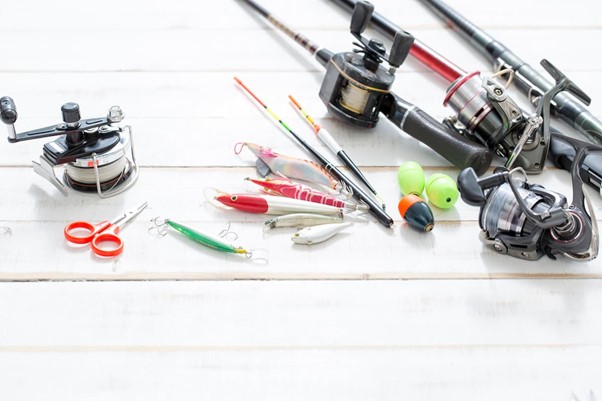
There are a few rules when fishing in Japan.
Be careful, as some things may be prohibited by law.
Do not enter restricted areas
Please do not enter areas marked "No Entry."
Do not enter areas with fences.
Areas that are off-limits or have fences are often places with strong waves or currents, or the risk of falling, which can be life-threatening.
To ensure safe fishing, please do not enter the area.
Also, the owner of the land may prohibit unauthorized people from entering.
If you enter a restricted area, you are breaking the law.
There are certain fish that you should not catch, certain periods, and certain fishing methods that are prohibited.
Each region may have restrictions on fish that you cannot catch and fishing methods that are prohibited.
Before you go fishing, find out if there are any special rules for the area where you plan to fish.
You can search on the Internet for information such as "Hokkaido fishing rules" or "Lake Biwa fishing rules," using the words "place to fish + fishing + rules."
For example, in Hokkaido, you can fish for salmon and trout in the sea, but fishing in rivers is prohibited.
If you know there are salmon or trout in a river and catch them, it is a crime even if you release them back into the river.
To protect the fish, there are rules for how to fish.
For example, the only fishing methods permitted in the sea are "rod fishing, hand fishing," "landing nets (smaller than 40 cm)," and "catching by hand without the use of machines."
Be aware that in some areas it is prohibited to spear fish.
There are certain fish that can only be caught at certain times, and certain sizes that can only be caught at certain times.
In rivers and lakes, a fishing license may be required.
When fishing in rivers or lakes, you often need a fishing license (fishing permit).
A fishing license is a license required to fish for certain fish in rivers and lakes.
You need to purchase a fishing license from a fishing association, an organization that manages rivers and lakes.
You can purchase them at local fishing cooperatives or fishing tackle shops.
Rules and laws to be aware of other than fishing
In Japan, it is prohibited by law to take abalone or sea cucumbers without permission.
The penalty is imprisonment for up to three years or a fine of up to 30 million yen.
It is also prohibited to fish for shellfish, wakame seaweed, kelp, spiny lobster or octopus in areas where producers are present without permission.
Additionally, illegal dumping of oyster shells (discarding garbage in violation of rules) has been increasing in recent years.
Even if it is permitted to collect shellfish, you should not just throw away the shells and take home only the contents.
In some areas, illegal dumping of shells is prohibited by ordinances (local laws).
There is also a risk of people stepping on shells and getting injured.
Aside from fishing, you should also pay attention to vegetables and fruits.
Even if there are fruits such as persimmons or peaches growing on trees in a park or in someone's garden, you should not pick them without permission.
It is a crime to take vegetables grown in fields without permission.
Summary: Fishing in Japan is safe and requires good manners. Check the rules and laws beforehand.
Fishing is a popular, relaxing hobby.
However, to enjoy fishing safely, you need to follow the rules and etiquette.
Please observe basic etiquette, such as returning small fish (baby fish) to the sea or river and not fishing near fish ponds or areas with nets.
When fishing, please be mindful of your behavior so as not to cause trouble to other anglers or local residents.
Also, fishing rules may vary depending on the region and season, so be sure to check before you go fishing.
Please observe the rules and enjoy fishing.
*This column was written based on information from September 2023.
About us, JAC
JAC(Japan Association for Construction Human Resources)is an organization that supports all Specified Skilled Workers working in the Japan construction industry. We work with companies that accept Specified Skilled Workers to create a work environment that is easy for everyone to work in.
We're also taking the exams you need to become a Specified Skilled Workers!
And JAC has received many requests for job offers from companies that want Specified Skilled Workers to work for.
Specified Skilled Workers Wanted! Job Listings
For those of you who want to work in Japan using Specified Skills, we are introducing jobs that match your occupation and aspirations!
If you have any problems, please feel free to contact us!





